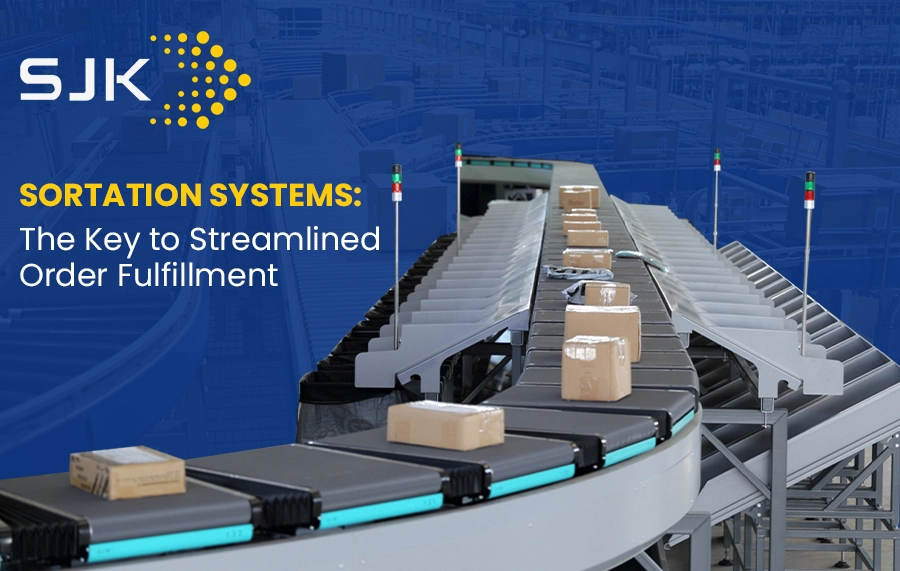Sortation Systems
Remember the days of mail-order catalogs? Sifting through pages, circling your desired items, and then enduring a seemingly endless wait for them to arrive? Fast forward to today's e-commerce landscape, where instant gratification reigns supreme. Customers expect their orders to materialize at their doorsteps within a blink – a logistical feat that requires an innovative approach to order fulfillment.
This dramatic shift has propelled a technology often operating behind the scenes into the spotlight: the sortation system. Let's delve deeper into this crucial component of modern order fulfillment and how it orchestrates the smooth flow of your online purchases.
The Challenge of Manual Sorting
Traditionally, order fulfillment relied heavily on manual sorting. Workers would pick items from shelves, scan them, and route them to the appropriate packing stations. While this method can work for small volumes, it becomes increasingly inefficient as order complexity and volume grow.
Bottlenecks and Errors
Manual sorting creates bottlenecks at various stages of the fulfillment process. Picking can be slow, especially for complex orders with diverse SKUs (Stock Keeping Units). Mispicks can occur due to human error, leading to delays and dissatisfied customers. Additionally, manual sorting requires significant labor, increasing operational costs.
The Sortation System Advantage
Sortation systems automate the sorting process, significantly boosting efficiency and accuracy. These systems utilize various technologies – conveyors, diverter mechanisms, and barcode scanners – to sort items based on pre-programmed criteria, such as destination, order number, or item type.
How Sortation Systems Work
Items are first tagged with barcodes, containing information about the product and its destination. They are then placed on a conveyor belt that feeds into the sortation system. Barcode scanners read the codes and trigger diverters to route each item to its designated chute or bin.
Benefits of Sortation Systems
Increased Efficiency: Sortation systems automate a time-consuming process, leading to faster order fulfillment times.
Enhanced Accuracy: Automated sorting minimizes the risk of human error, ensuring orders are picked and routed correctly.
Reduced Labor Costs: By automating sorting tasks, sortation systems can reduce the need for manual labor, leading to cost savings.
Improved Scalability: Sortation systems can be easily scaled up or down to accommodate changing order volumes.
Greater Flexibility: These systems can handle a wide variety of item sizes and weights, making them suitable for diverse industries.
Industry Applications
Beyond e-commerce, sortation systems prove their versatility across various industries. In warehousing and distribution centers, they streamline the sorting and distribution of goods destined for different locations, ensuring timely deliveries. Manufacturing facilities leverage sortation systems to efficiently manage finished products or components within production lines, keeping operations flowing smoothly. Even the postal and parcel service relies heavily on these systems to sort and route mail and packages with remarkable speed and accuracy.

SJK Innovations is a leading provider of advanced sortation systems. We offer a comprehensive range of solutions, from simple conveyor-based systems to complex automated solutions with integrated software. Our systems are designed to be modular and scalable, allowing us to tailor them to meet the specific needs of each client.
By implementing a well-designed sortation system, businesses can dramatically improve their fulfillment efficiency, reduce costs, and enhance customer satisfaction. As e-commerce and omnichannel retail continue to evolve, sortation systems will undoubtedly become an even more essential tool for streamlined order fulfillment.

